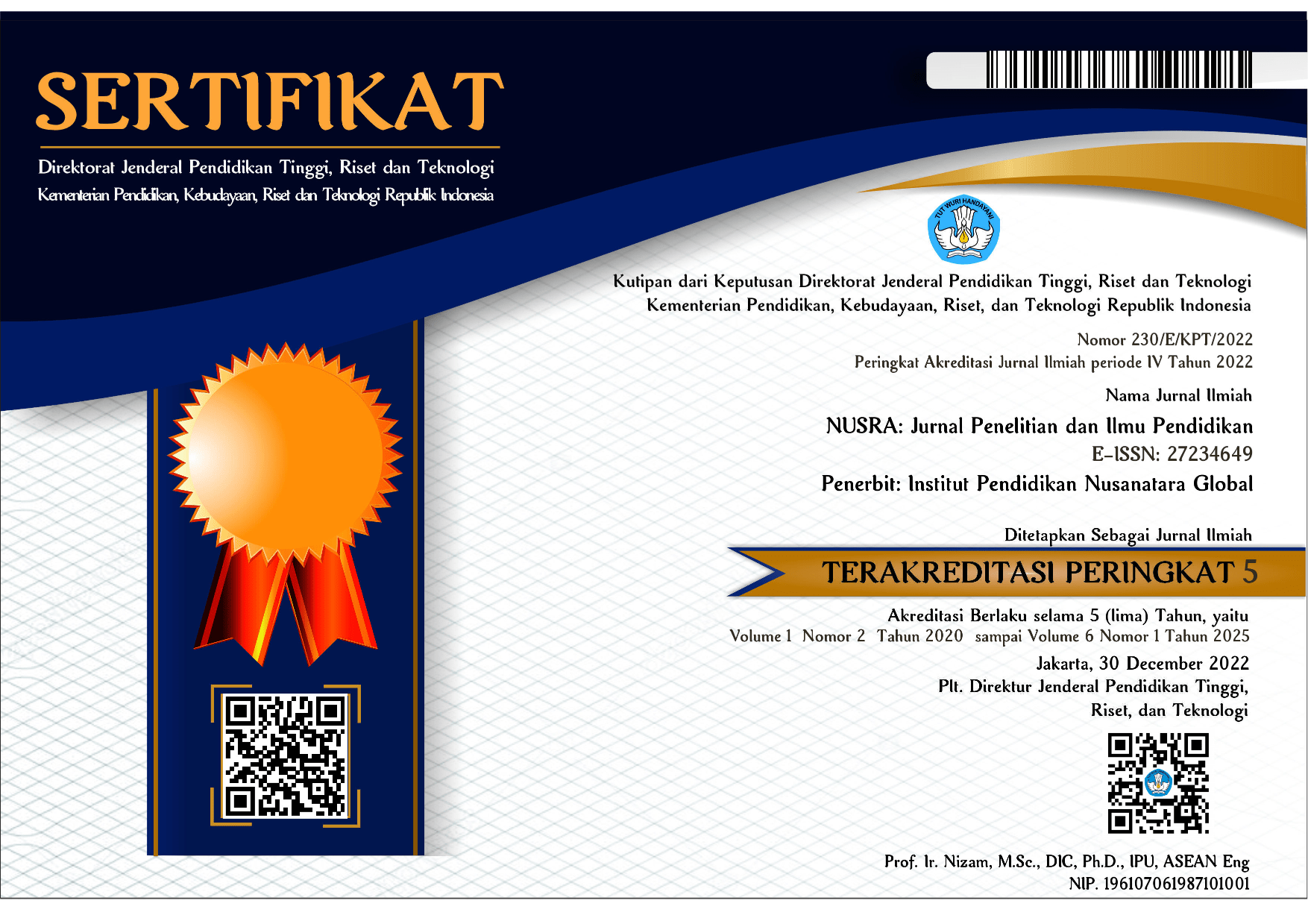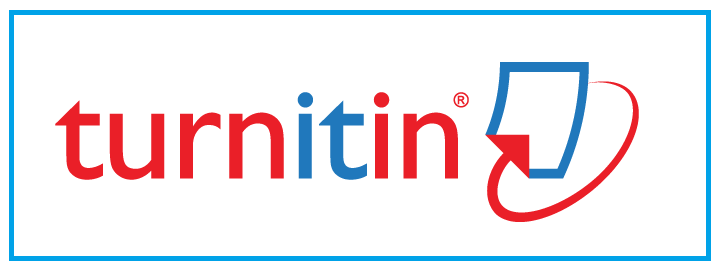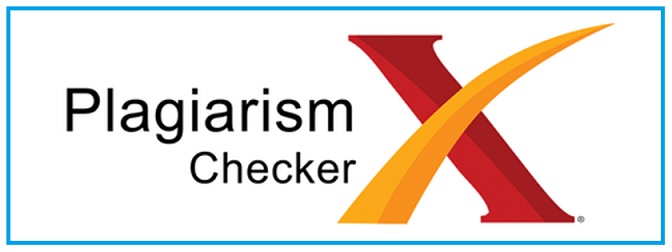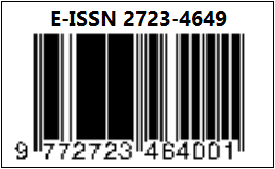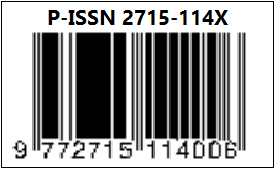AUTONOMOUS VOCABULARY LEARNING FOR READING SKILL IMPROVEMENT: LEXICALLY-BASED TASK AT MTS. ANNAJAH WEST LOMBOK-NTB
DOI:
https://doi.org/10.55681/nusra.v3i2.457Keywords:
Autonomous vocabulary learning, lexically Based-TaskAbstract
This study was intended to provide a contribution to the improvement of students’ vocabulary mastery in MTs. Annajah Sesela, Gunungsari District, West Nusa Tenggara Province. Based on a preliminary study, the researcher found that this class lack vocabulary mastery in English and the mean score was 54. As the school is Islamic-based, students learn Arabic language very often yet English is only learnt at school. The teachers seldom applied various activities in teaching English. English is not seen as individual words but collocation and colligation. To cope with those problems, the researcher employed Autonomous Vocabulary Learning Strategy through Lexically Based-Task. This study was an action research and designed to increase students’ vocabulary mastery and to improve their reading ability using Autonomous Vocabulary Learning through Lexically Based-Task at MTs. Annajah, Sesele, Gunungsari, West Lombok. This study was conducted in one cycle consisting of eight meetings using the following procedures: planning, implementing, observing, and reflecting. The data of the study were collected through the result of the test, observation checklists, and field notes. The subjects were 30 students of the 2nd grade of MTs. Annajah Sesela, Gunungsari, West Lombok. The procedures of the study were implemented through four steps: (1) the students did extensive reading and searched ten lexicons, (2) the students reported the lexicons along with their lexico-grammatical units to share with the class, (3) the students wrote the lexicons and the sentences on the whiteboard while the audience recorded their friends’ lexicons, (4) the teacher provided feedback for any grammatical errors and assessment was done without scoring to help them achieve the indicators of the instruction. The findings of the study indicated that the Autonomous Vocabulary Learning strategy was successful in increasing students’ vocabulary mastery and improving students’ reading ability. This could be seen from the result of mean score from the tests. The researcher found that the mean score of preliminary tests was 54.17 and the final test was 78.08. It indicated that the mean score of the final test is higher than that of preliminary test (78.08 > 54.17). More than 80% students gained 70 and the total of the students’ lexicons found during this investigation was 300 words. It is suggested that English teachers apply this strategy to increase students’ vocabulary mastery in supporting their reading ability. For the institution, it has to utilize more creative methods in encouraging the students to learn English. And for future researchers, the findings of the research can become a good reference to conduct better research.
Downloads
References
Becker, W.C. 1977. Teaching Reading and Language to the Disadvantaged-What We Have Learnt from Field Research. Harvard Educational Review, 47, 518-534.
Benson, P. 2001. Teaching and Researching Autonomy in Language Learning. London: Longman.
Benson, P. 2003. Learner Autonomy in the Classroom. In D. Nunan (Ed.), Practical English Language Teaching (p. 289-308). NY: McGraw Hill.
Blachowicz, C. L.Z. 2005. Vocabulary Essentials: from Research to Practice for Improved Instruction. Glenview, IL: Scott Foresman and Co.
Broady, E., & Kenning, M. 1996. Learner Autonomy: An Introduction to the Issue. In E. Broady, & M. Kenning (Eds.), Promoting Learner Autonomy in University Language Teaching (pp. 9-21). London, Middlesex University Printing Services.
Chall, J.S. 1983. Stages and Theory of the Reading Development. New York: McGraw-Hill.
Dam, L., & Gabrielsen, G. 1988. Developing Learner Autonomy in a School Context – A Six-Year Experiment Beginning in the Learners’ First Year of English. In H. Holec (Ed.), Autonomy and Sself-Directed Learning: Present Fields of Applications (pp. 19-30). Strasbourg: Council of Europe.
Davis, F.B. 1944. Fundamental Factors of Comprehension in Reading. Psychometrika, 9: 185-197.
Davis, F.B. 1968. Research in Comprehension in Reading. Psychometrika, 9, 185-197.
Dickinson, L. 1995. Autonomy and Motivation: A Literature Review. System, 23(2), 165-174.
Garcia, G.E. 1991. Factors Influencing the English Reading Test Performance of Spanish-Speaking Hispanic Students. Reading Research Quarterly, 26, 371-392.
Goldenberg, C., Rezaei, A., & Fletcher, J. 2005. Home Use of English and Spanish and Spanish-Speaking Children’s Oral Language and Literacy Achievement. Paper Presented at the Meeting of The International Reading Association, San Antonio, TX.
Hart, B. & Risley, T.R. 1995. Meaningful Differences in the Everyday Experience of Young American Children. Baltimore: P.H. Brookes.
Jiang, N. 2000. Lexical Representation and Development in a Second Language. Applied Linguistics, 21 (1), pp.47-77.
Jones, F.R. 1995. Learning an Alien Lexicon: A Teach-Yourself Case Study. Second Language Research, 11 (2).
Karlsson, L., Kjisik, F., & Nordlund, J. 1997. From Here to Autonomy. Helsinki: Helsinki University Press.
Krashen, S. 1989. We Acquire Vocabulary and Spelling in Reading: Additional Evidence for Input Hypothesis. Modern Language Journal, 73 (4): 40-64.
Kweldju, S. 1998. Sebuah Model Mata Kuliah Membaca Ekstensif dengan Individualisasi Pembelajaran Kosa Kata. Bahasa dan Seni, 26 (1): 44-61.
Kweldju, S. 2001. Autonomous Learning of Vocabulary for-Life-Long Learning of Stylistic English. Jurnal Penelitian Kependidikan, 11(1): 37-58.
Kweldju, S. 2004. The Neuropsychological Basis of Lexically-Based Language Teaching. TEFLIN Journal, 15 (1): 74-90.
Kweldju, S. 2006. Lexically-Based Language Teaching: Metaphor in English for Spesific Purposes. Jurnal Ilmu Pendidikan, 13 (3): 151-159.
Kweldju, S. 2008. Narrow Reading in an Extensive Reading Course: Lexically-Based. Jurnal Ilmu Pendidikan, 15(3): 157-168.
Littlewood, W. 1996. Autonomy: An Autonomy and Framework in Language Teaching. Systems, 24(4).
Misulis, K. 1999. Making Vocabulary Development Manageable in Content Instruction. In Contemporary Education, 70 (2): 25-19.
National Reading Panel. 2000. Report of the National Reading Panel: Teaching Children to Read. Report of the Subgroups. Washington, DC: U.S. Department of Health and Human Services, National Institutes of Health.
Ridley, D.S., Schutz, P.A., Glanz, R.S. & Weinstein, C.E. 1992. Self-Regulated Learning: The Interactive Influence of Metacognitive Awareness and Goal-Setting. Journal of Experimental Education 60 (4), 293-306.
Sinclair, J. 1988. Grammar in the Dictionary. In J. Sinclair, Looking Up. London: Collins ELT.
Sutarsah, C. 2008. Vocabulary Constraint of Reading Materials. Jurnal Ilmu Pendidikan, 15 (3): 193-200.
Verhoeven, L.T. 1990. Acquisition of Reading in a Second Language. Reading Research Quarterly, 25: 90-114.
Downloads
Published
How to Cite
Issue
Section
License
Copyright (c) 2023 Jupri

This work is licensed under a Creative Commons Attribution-NonCommercial-ShareAlike 4.0 International License.


